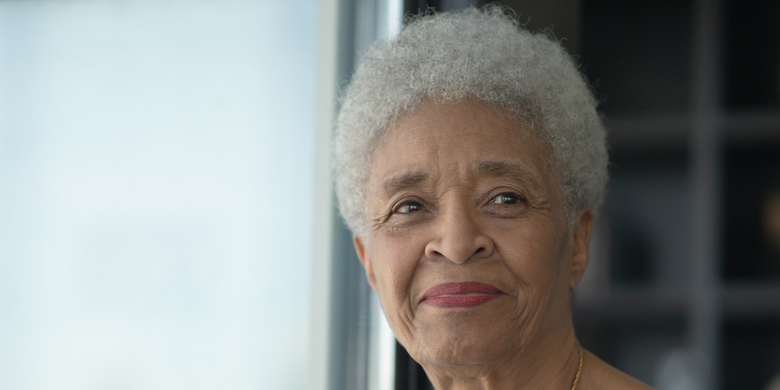Your heart and cancer: How to survive and thrive
- Category: Cancer Care, Heart & Vascular
- Posted On:

Do you think heart and cancer go together? While heart disease and cancer are different diseases, there is a connection.
The first thing to know is that cancerous tumors affecting the heart are incredibly rare. A primary heart tumor, meaning one that begins in the heart, affects fewer than 1 of 2,000 people.
Even though cancer doesn’t usually afflict the heart, it can impact the heart. That’s because cancer treatment, including chemotherapy and radiation therapy, can take a toll on the entire body, including the heart.
How cancer treatment affects the heart
According to a 2022 study published in the Journal of the American College of Cardiology, adults who have survived cancer have a 42% higher chance of developing cardiovascular disease. This includes a 52% higher risk of developing heart failure and a 22% higher risk of having a stroke.
Why is the risk higher among adult cancer survivors? Cancer treatment is a potential cause. Different types of cancer therapy, including chemotherapy and radiation therapy, are designed to kill cancer cells in the body. Innovative new therapies are quite successful at treating cancer, but they also come with a risk of cardiotoxicity.
Cardiotoxicity is heart damage, often to the lower left chamber of the heart (ventricle), that occurs as a side effect of cancer treatment. While it can occur with any cancer, it’s common among certain types of cancer, including breast cancer, lung cancer and cancers affecting the blood or the lymphatic system.
This type of heart damage can occur as a result of chemotherapy or targeted therapy, which use powerful drugs to kill cancer cells, or because of radiation therapy, specifically radiation to the chest area. That’s why cardiotoxicity is particularly common among those being treated for cancer in the breasts or lungs.
Symptoms of cardiotoxicity
If cancer treatment damages your heart, you may experience symptoms, including:
- Chest discomfort
- Dizziness
- Heart palpitations
- Shortness of breath
- Swollen feet
Cardiotoxicity can cause certain types of heart disease to develop or cause an existing disease to worsen, including:
- Arrhythmia
- Cardiomyopathy
- Coronary artery disease
- Heart failure
- Heart valve damage
- High blood pressure
- Myocarditis
Chemotherapy sessions can also cause or worsen high blood pressure.
How can I protect my heart during treatment?
If you’re undergoing cancer treatment, talk with your oncology team about your heart health. They can talk you through what’s done during treatment to protect your heart.
There’s no foolproof way to prevent cardiotoxicity when you’re undergoing treatment, but your medical team will carefully monitor your health during this time. You may undergo regular imaging scans, such as magnetic resonance imaging (MRI) or a CT scan, to check your heart for damage.
If cardiotoxicity is detected during a scan or you develop symptoms, your oncologist may adjust your cancer treatment plan. This can include changing chemotherapy or targeted therapy medications, adjusting the dosage or adding other medications to the regimen to protect the heart. If radiation therapy is causing cardiotoxicity, the dosage of radiation or technique may be changed.
If you develop heart-related symptoms or a heart problem while undergoing treatment, your oncologist will work with a cardiologist to provide care. You may be prescribed medications, including diuretics or blood pressure-lowering drugs, to manage your condition and protect your heart from further damage.
If you’ve been diagnosed with cancer, we’re here to walk with you from diagnosis through survivorship and beyond. Learn more about the comprehensive cancer care services offered at East Jefferson General Hospital.
